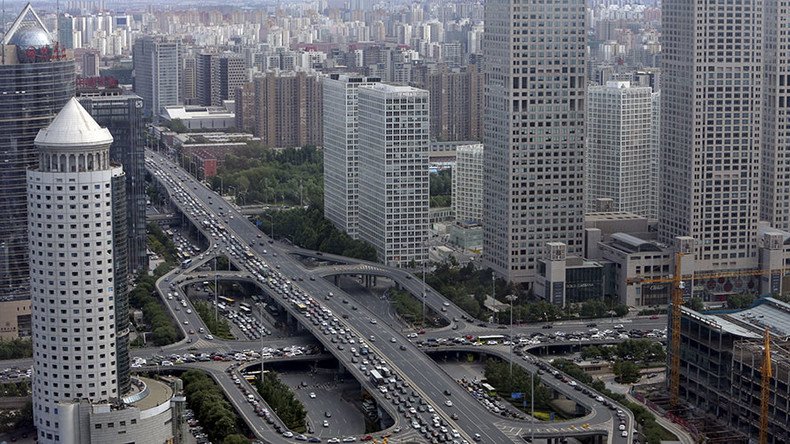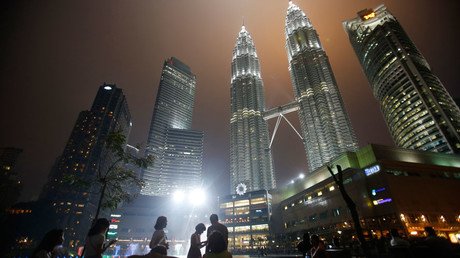Billions of dollars have been allocated by the World Bank for infrastructure projects in the Chinese Silk Road Economic Belt, according to the bank’s president Jim Yong Kim at the 1+6 roundtable meeting in Beijing.
“Investments, particularly in infrastructure, are extremely important. The Chinese initiative of the economic belt of the Silk Road catalyzes infrastructure investments,” he told the heads of major international organizations.
“The World Bank will help the countries within the initiative to take maximum advantage of the opportunities provided, in accordance with their own development strategies,” he added.
According to the World Bank’s International Finance Corporation (IFC), an extra $1 billion is expected to be raised within a year as part of a planned $5 billion infrastructure investment fund for China’s Road and Belt program.
“We have raised the first $1.1 billion, we are going to raise the next billion probably within the next year, that’s my guess,” IFC Chief Investment Officer for infrastructure and natural resources Ram Mahidhara told Reuters.
The fundraising plans are part of IFC’s so-called Managed Co-Lending Portfolio Program (MCPP) that seeks to raise more than $5 billion from investors by 2021, he said. A large part of the funds will be deployed for Belt and Road related projects, the official added.
The Belt and Road Initiative was first proposed by China in 2013. It envisions two components: the Silk Road Economic Belt and the 21st Century Maritime Silk Road that are expected to cover more than 60 percent of the world’s population and more than a third of global economic output.
The Chinese proposal envisages the creation of six economic corridors: Bangladesh-China-India-Myanmar, China-Mongolia-Russia, China-Central Asia-West Asia, China-Indochina Peninsula, China-Pakistan Economic Corridor and the Eurasian Land Bridge.
READ MORE: China proposes economic corridor with Russia and Mongolia
In 2015, Russia and China agreed a “new platform” for economic development of the Eurasian Economic Union and the Silk Road Economic Belt.


